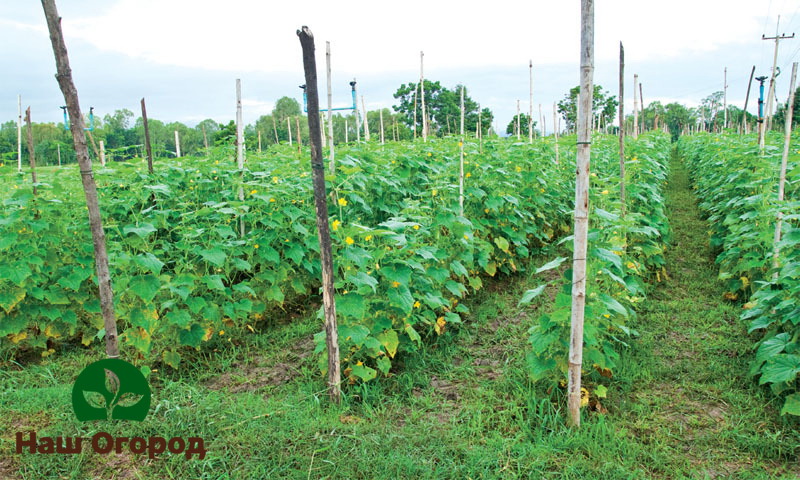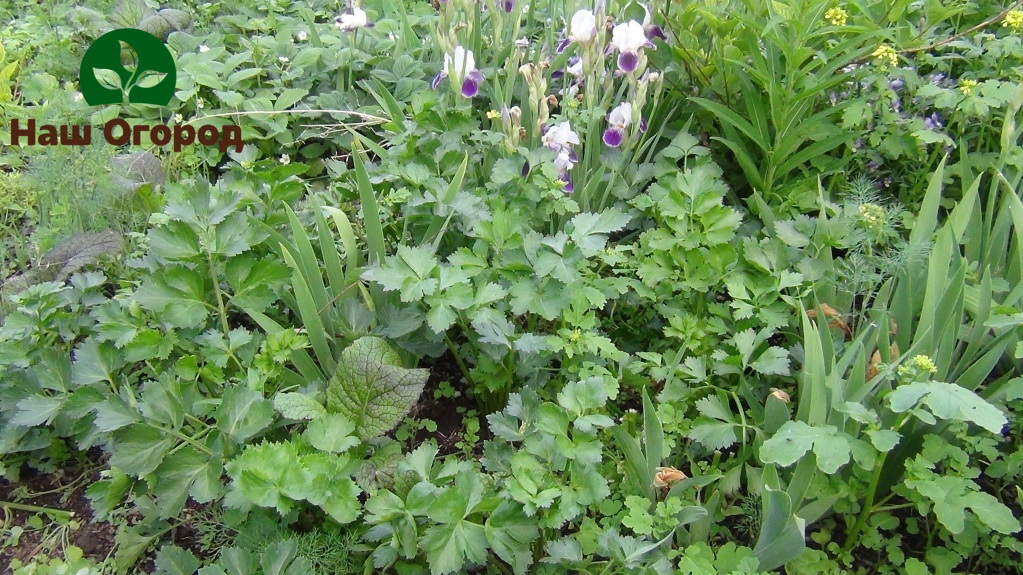TOP 12 most important mistakes of a gardener
Many novice gardeners, mastering the dacha economy, make mistakes in the garden, some of which can still somehow be corrected later, but the rest have to somehow get used to. One way or another, no one is immune from failure, so you should warn in advance this or that situation, based on specific examples.
Unfortunately, the most common error is reported with over-feeding of cultivated plants... Without drawing up any norms or schedules, gardeners think that an abundance of fertilizers will only benefit the crops, they will begin to grow stronger and grow faster, faster. But in practice, this is a gross violation, because often, having nitrogen in its composition, fertilizers, although they stimulate growth, if the required one-time amount is violated, they can be both completely useless and cause irreparable damage to crops. This is mainly due to the side effect of delayed root development.
Also, many summer residents do not correlate the application of fertilizers to the soil with weather conditions... So, for example, in cold weather, the access of nutrients to plant roots is extremely difficult, which reduces the effectiveness of fertilizing several times. The soil temperature during the procedures should be at least above +10 degrees.
Carrying out garden work, as well organic waste incineration activities during the flowering period can lead to poisoning of the preferred environment of pollinating insects and subsequent final scaring them off the site. As a result, crops without a proper level of pollination quickly wither and wither, and their survival and vital functions are hampered.
Garden mistakes: Embedding compost or manure into the soil at shallow depths entails the spread of pests such as cucumber gnats and sprout flies, which has an extremely negative effect on existing and future crops.
Many sloppy gardeners carelessly feeding crops with mineral fertilizers using irrigation systems - the solution, falling on the leaves, leaves behind burns and damage to the integrity of the structure, while according to the rules, fertilizing should be done directly under the root of the plant, in no case touching the parts not intended for this.
There must always be variety in the soil - the cultivation of a single crop is universally reflected negatively on the soil, creating additional stress and contributing to fatigue. It also increases the risk of developing pathogens and pathogens, which can have a corresponding effect on the yield.

It should be noted and incorrect arrangement of plants in relation to tall buildings, often blocking the sun during the daytime. Plants develop poorly and grow due to the lack of the required amount of solar energy, and the efficiency of photosynthesis decreases. The same applies to dense trees, in the immediate vicinity of which other crops are grown. Always choose well-lit areas for sun-loving crop varieties, if you do not want them to die over and over again from a lack of ultraviolet radiation.
When digging up the soil gardeners neglect the removal of weed residues, diseased plants infected with pathogens, and simply mix them with the ground. In no case should you do this, because such contaminated soil will continue to have a detrimental effect on new plantings.
In the process of tying plants and fruit trees, some summer residents overzealous with knots and tension, which is why constrictions traumatic to the culture are formed. One way or another, you should carefully handle the fixing of the structure and bandage it again if you notice that traces of garters have appeared on the trunks and branches.
Gardening mistakes: Planting many crops too tightly to each other, in the process of further growth, forms entanglement of leaves and stems, space constraint and a lack of sunlight for plants throughout their volume.

Replacing and transplanting plants in a new area is a common cause of problematic crops for many gardeners. When purchasing a garden, you should not turn everything upside down - some plants do not tolerate transplanting well, and an already formed vegetable garden can simply be ruined by cardinal changes in the location of the crops grown.
Refusal from weeding and removing weeds from the garden before the winter season can lead to widespread distribution of these pests. Many people forget that weeds, like any others, have their own growing season, the features of which allow them not to freeze at high temperatures and spoil both the harvest and the mood of the summer resident for the next season.
The entire list of gardeners' mistakes that have accumulated over many years cannot be counted on one hand - nevertheless, you first need to learn how to analyze all the necessary information, nuances and requirements for growing, caring for and interacting with certain crops yourself. Even if you made a mistake, planted something wrong, dug up or cut something - do not panic, but calmly figure out what you can do to at least partially prevent the sad consequences.

